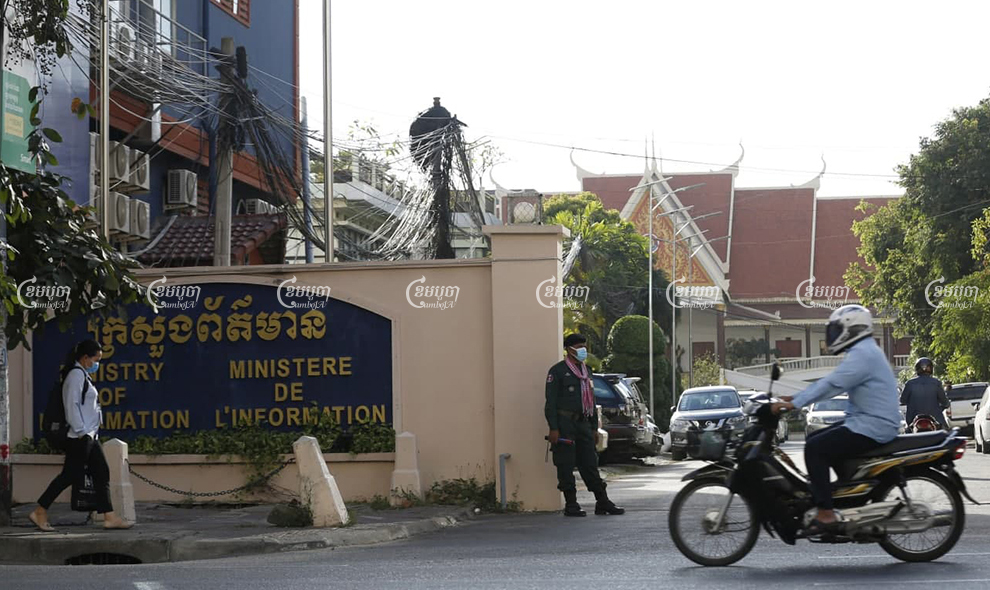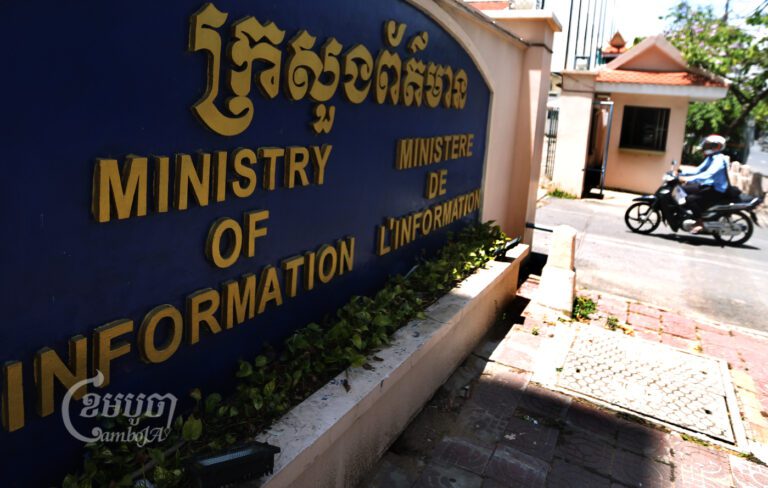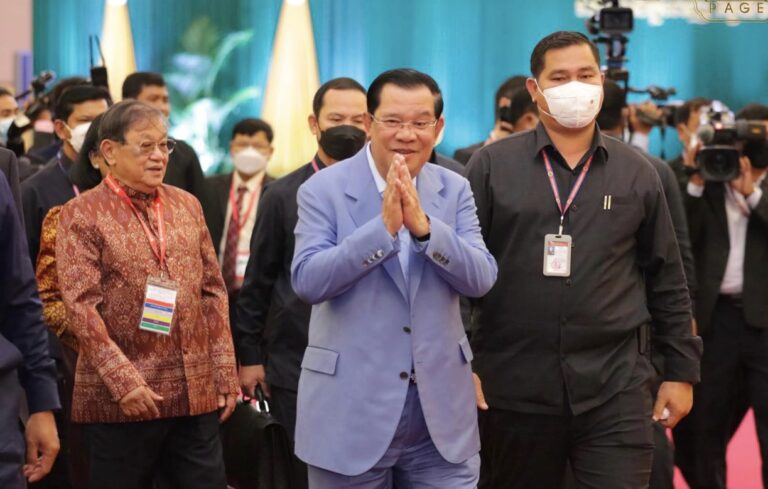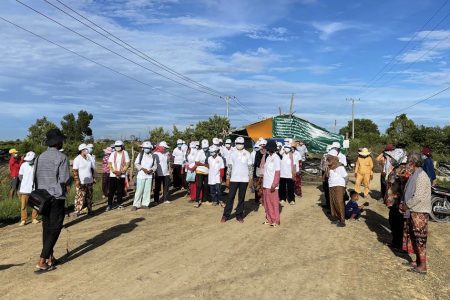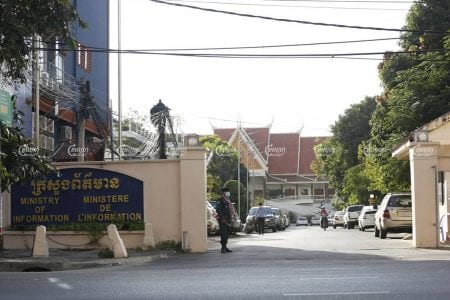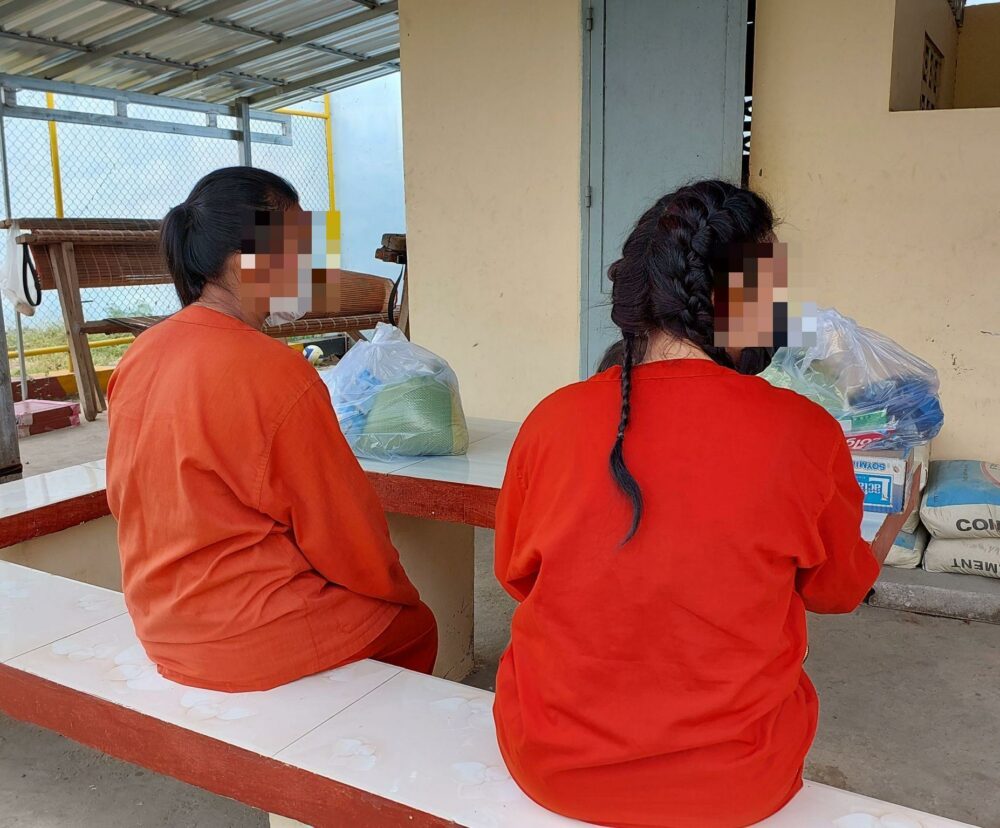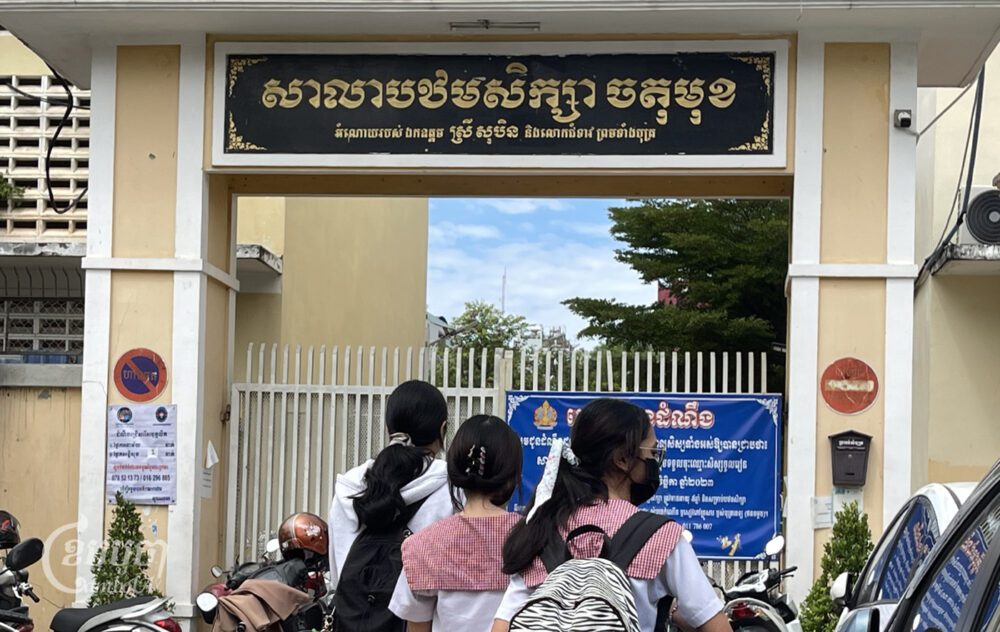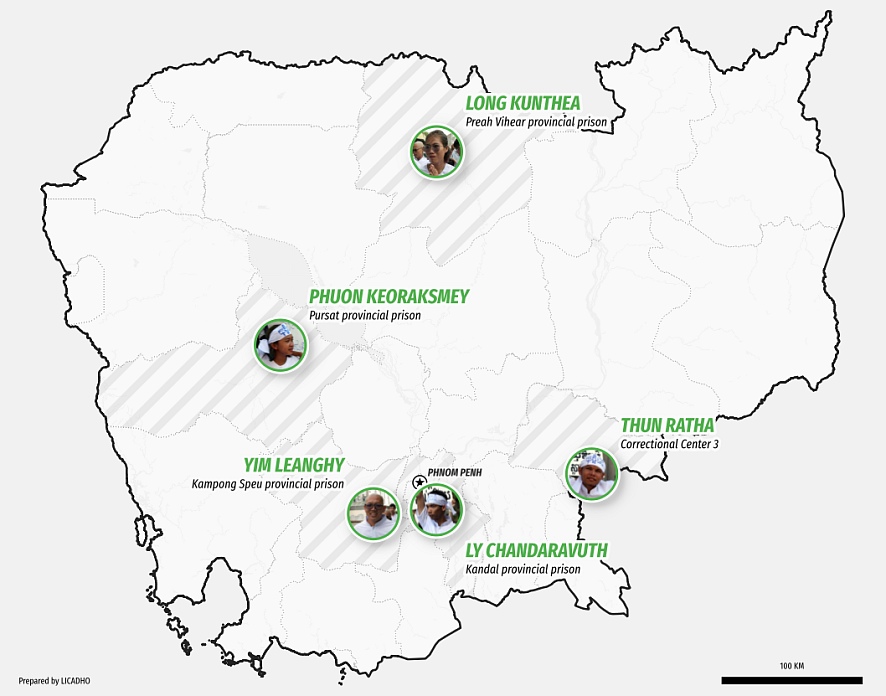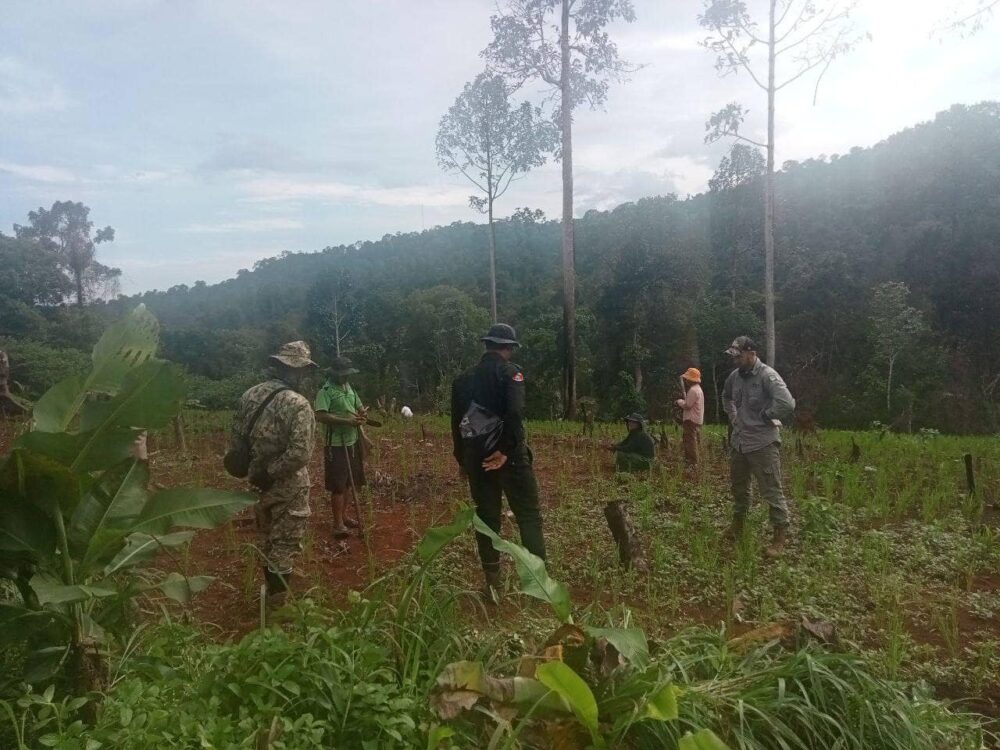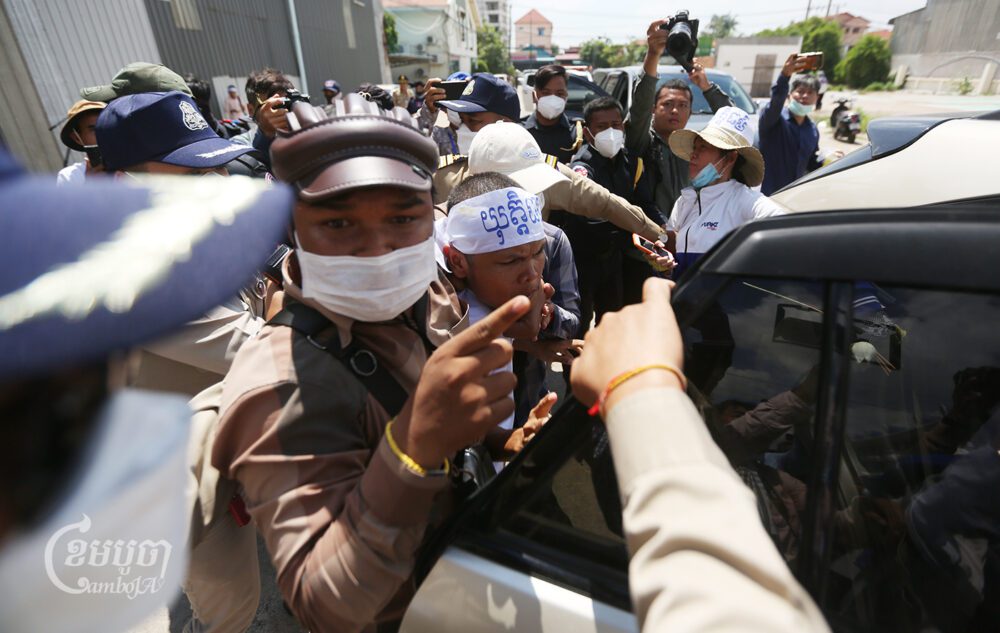The Information Ministry threatened legal action against journalists it claimed were spreading fake news or engaging in unethical behavior during the COVID-19 pandemic, a warning that comes amid persistent persecution of journalists in the country.
The ministry said it had observed a “small number of journalists” who were not accurately conveying the government’s efforts to fight the COVID-19 pandemic or were disseminating fake news, causing fear and confusion among the people or making them suspicious of the authorities.
“[A]ny individuals that have suffered from the issue as listed above… [the ministry] requests the authorities to take action against them without informing the Information Ministry,” read an Information Ministry statement released on Monday.
The statement did not identify this small group of journalists, but alleged that there were journalists who were extorting people and affecting public order, and that this kind of behavior was unacceptable.
The government has targeted journalists and freedom of expression prior to and during the COVID-19 pandemic, according to rights groups. The government has arrested some journalists for their news coverage and alleged illegal activities against others.
In its 2020 World Press Freedom Index, Reporters Without Borders detailed how authoritarian governments were using the pandemic to silence dissent and news organizations, with many trying to suppress coverage of the state’s response to the outbreak.
Meas Sophorn, the Information Ministry’s spokesperson, said on Tuesday that the ministry issued the statement to remind all journalists to respect the law and refrain from corrupt practices, like extorting bribes to suppress stories.
“This statement is to remind a small number of journalists who have committed something illegal and wrong in the journalism professional and to return to fulfill their role correctly and based on the law, ethics and professionalism,” said Sophorn.
There have been a number of arrests and convictions of journalists this year, including the forced closure of publications over the last three years.
Sovann Rithy, who ran the popular TVFB, was given an 18-month suspended sentence in October for simply reporting a speech made by Prime Minister Hun Sen. Newspaper publisher Ros Sokhet was given an 18-month sentence for sensationalizing the headlines of Facebook post, and is currently in serving his sentence in Prey Sar prison.
Radio station owner Sok Oudom is awaiting a verdict in his incitement case, where he is charged with inciting villagers against the military in relation to a land dispute.
Three provincial online journalists were arrested last week for alleged extortion and fraud. Authorities have been less than forthcoming with details of the case, which allegedly involved the journalists promising to not write about illegal land clearings in Kratie in return for money.
In 2017, The Cambodia Daily was forced to shut down after refusing to pay an exorbitant tax bill. Weeks later, Radio Free Asia announced the shuttering of its Phnom Penh bureau owing to security concerns and tax issues. The Phnom Penh Post was sold in May 2018 to a Malaysian investor, whose public relations firm had worked for the Cambodian government.
Khieu Kola, spokesperson for the Club of Cambodian Journalists said he supported the Information Ministry’s statement, alleging that some media outlets behaved like the “executive, legislature and judiciary.”
Kola distinguished between two kinds of issues facing journalists: a mistake made with publication of information and instances were journalists commit crimes. With the former, he said the Law on the Press should be used but instances of the latter should be prosecuted.
“I observe that when it is related to [issues with] dissemination of news, I always take on that case immediately but if it is not related to dissemination, [our club] will not work on it,” Kola said.
Chak Sopheap, executive director of the Cambodian Center for Human Rights, said the government should be enabling the media to report on diverse opinions and conduct investigative reportage during a public health crisis, rather than threatening repercussions.
She said the Information Ministry’s statement would have a “chilling” effect on independent reporters, who would now second guess their reportage and fear legal ramifications from the government.
“While damaging disinformation should be combated, the fight against disinformation must be carried out in good faith and not be used as an excuse to stifle freedom of expression and silence criticism,” Sopheap said. “The Royal Government of Cambodia should therefore consider resorting to less punitive measures.”


